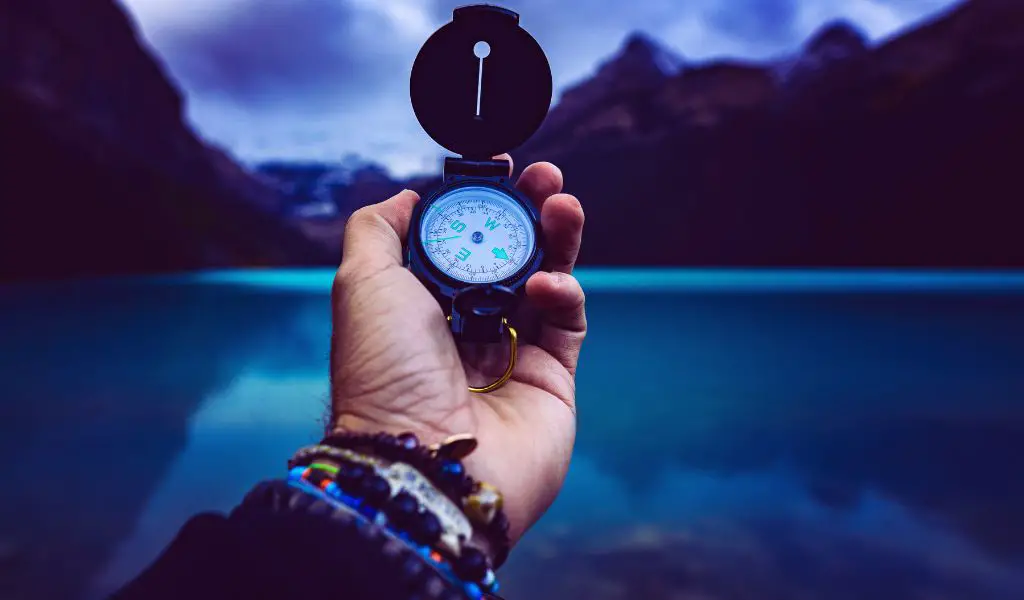Table of Contents
Introduction
When embarking on a camping trip, it’s vital to have the necessary skills to navigate your surroundings. Whether you’re an experienced camper or a beginner, understanding how to stay safe and avoid getting lost is crucial. In this article, we will provide expert navigation tips to ensure a successful and secure camping adventure.
1. Prepare Before Your Trip
Prior to setting off on your camping journey, take the time to thoroughly prepare. Research and familiarize yourself with the camping location, including its terrain, topography, and any potential hazards. Acquiring maps, compasses, and GPS devices, as well as learning how to use them effectively, will prove immensely beneficial during your trip.
2. Study Maps and Plan Your Routes
Once you have the necessary tools, study the area maps. Identify landmarks, water sources, and key points of interest along your intended routes. Plan multiple routes, considering alternative paths in case of unexpected circumstances. Having a plan and being familiar with the routes will significantly reduce the risk of getting lost.
3. Utilize Navigation Equipment
Mastering the use of navigation equipment is crucial. Practice using a compass, familiarize yourself with map symbols, and understand how to read contour lines. If you have a GPS device, be sure it is properly functioning and always bring extra batteries or a charger.
4. Stay Aware of Your Surroundings
During your camping adventure, pay close attention to your surroundings. Constantly observe natural features, distinctive trees, and geographic landmarks. Stay alert and regularly check your map or GPS device to ensure you’re in the right direction. Being aware of your surroundings will significantly reduce the chances of getting lost.
5. Create and Share Trip Itinerary
Prior to departure, create a detailed trip itinerary that includes your planned routes, camping locations, and estimated arrival and departure times. Share this information with a responsible person, such as a family member or a friend, who can provide assistance in an emergency. Additionally, inform them of your expected return time, so they can alert authorities if necessary.
6. Pack Essential Supplies
In addition to navigation equipment, ensure you pack essential camping supplies. These may include a reliable flashlight, extra batteries, a first aid kit, a whistle, a multi-tool, and nourishing food and water. These supplies will not only aid in navigation but also keep you safe and healthy in the wilderness.
7. Learn Basic Survival Skills
Before your camping trip, it’s essential to learn some basic survival skills. Familiarize yourself with methods of finding and purifying water, building a shelter, starting a fire, and signaling for help. These skills will prove invaluable if you encounter unexpected situations while navigating.
FAQs
Q: How accurate are GPS devices for navigation during camping trips?
GPS devices are generally reliable for navigation purposes. However, signal availability can be limited or distorted in certain remote or obstructed areas. Always rely on a combination of navigation tools, including maps and compasses, to supplement your GPS device.
Q: What if I get lost while camping?
If you find yourself lost, stay calm and try to retrace your steps to a familiar landmark or backtrack to the last known location. If necessary, consult your map, GPS, or compass to navigate back to safety. If you cannot find your way, remain in one place and wait for help. Having a whistle or other signaling devices will aid in alerting rescuers to your location.
Q: How can I improve my navigation skills?
Improving navigation skills takes practice. Engage in outdoor activities such as hiking or geocaching to familiarize yourself with different terrains and challenges. Joining navigation workshops or seeking guidance from experienced campers can also enhance your skills.
Q: Are there any smartphone apps available for navigation during camping trips?
Yes, there are various smartphone apps designed specifically for outdoor navigation. Popular apps include Gaia GPS, AllTrails, and ViewRanger, which offer detailed maps, offline functionality, and real-time tracking. However, remember to bring additional power sources to ensure your phone remains operational during the trip.





